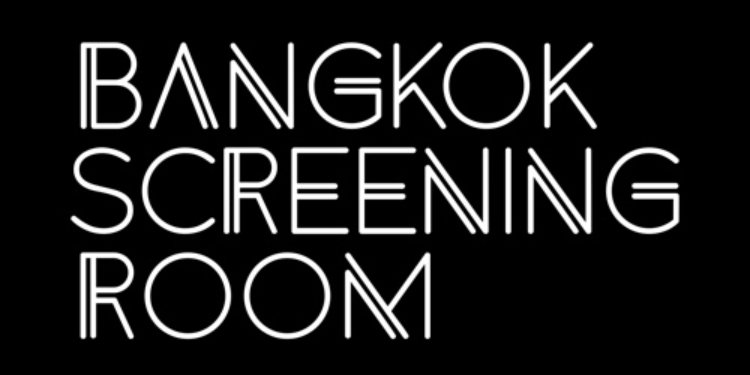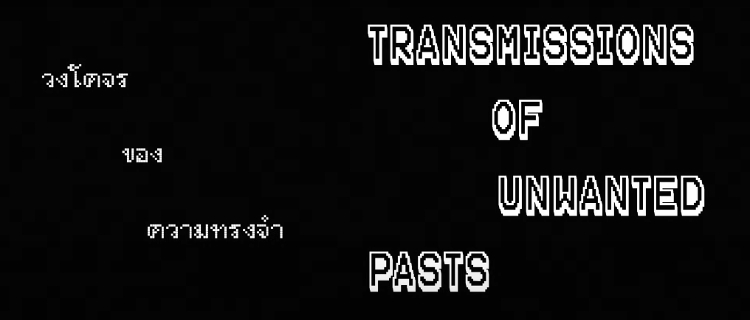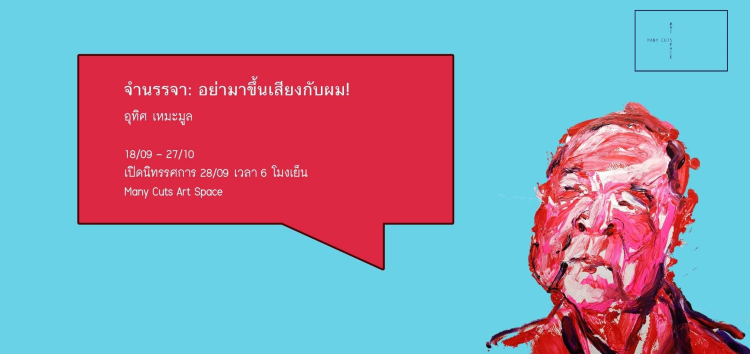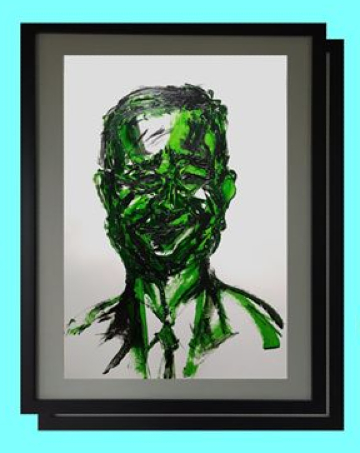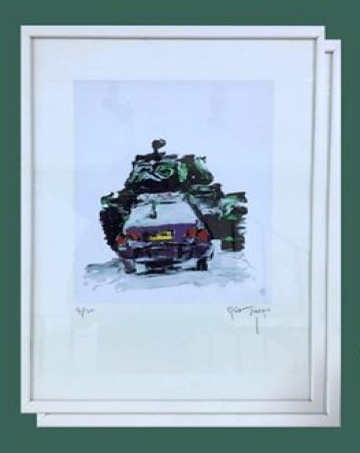Tropical Malady: The Book, published this month, is a deluxe facsimile of Apichatpong Weerasethakul’s
Tropical Malady (สัตว์ประหลาด) shooting script. The full-size reproduction includes the film’s dialogue, directions, and storyboards, all annotated by the director. In addition to the lavishly reproduced screenplay, it also features an interview with Apichatpong and a booklet of English and Japanese translations. (A different copy of the script was featured in the exhibition
The Serenity of Madness.)
Internationally,
Tropical Malady is one of Apichatpong’s most acclaimed films, though it had only limited distribution in Thailand. When I interviewed him in 2017, he discussed its disappointing domestic theatrical release: “I think, from
Tropical Malady, there’s this issue of releasing the film, and marketing, that I don’t like. And also the studio was not interested in the film, anyway, because there’s no selling point: there’s no tiger, there’s no sex, so it’s very personal.”
Tropical Malady: The Book is an attempt to raise the film’s Thai profile.
As in the novel
S., simulations of various documents have been inserted between the pages: a handwritten letter (from Keng, one of the film’s protagonists), a
Risograph print of a fantastically lurid comic (สมิงมนต์คนอาคม/‘possessed by a tiger’), a temple booklet (พื้นเสือสมิง/‘tiger spirit tales’), a magazine serial (นารายณ์ทรงปืน/‘Narai with a gun’), and a poster. The premium edition also comes with a sticker and tote bag, both featuring the book’s
calligram logo. The book is housed in a custom cardboard box with the same design.
Tropical Malady: The Book was edited by Sonthaya Subyen and Wiwat Lertwiwatwongsa. This superb tribute to one of Thailand’s greatest films is the last of Sonthaya’s Filmvirus books, a long-running series that also includes
Once Upon a Celluloid Planet (สวรรค์
35 มม
.: เสน่ห์วิกหนังเมืองสยาม) and another Apichatpong Weerasethakul monograph,
Unknown Forces (สัตว์วิกาล).


